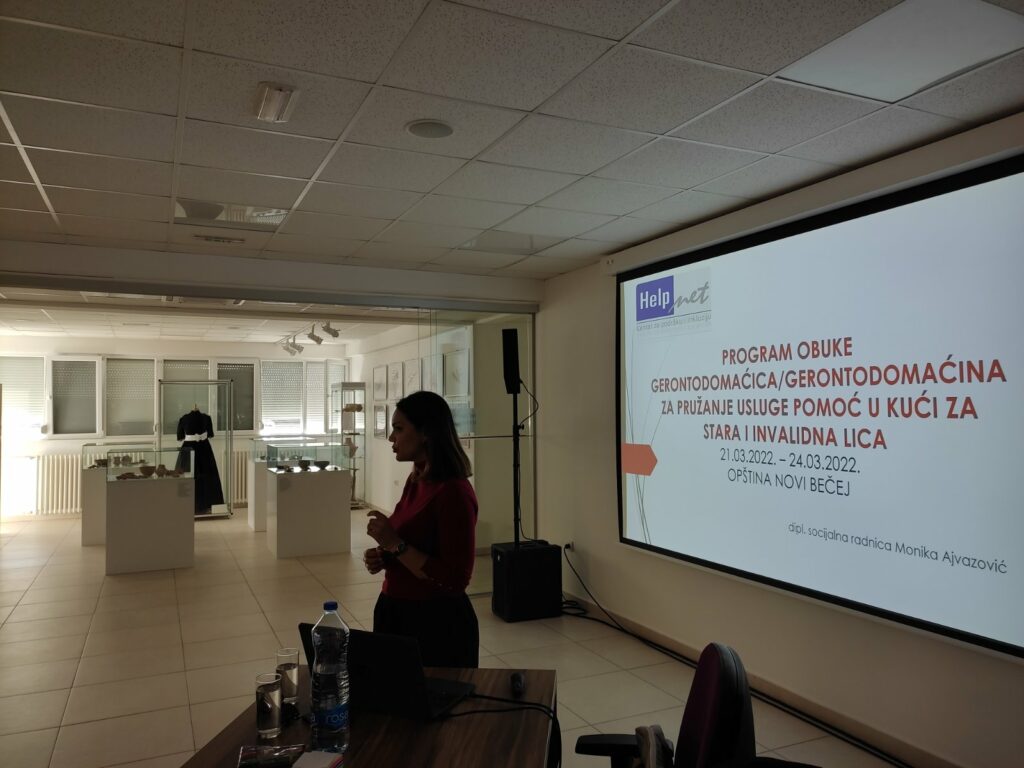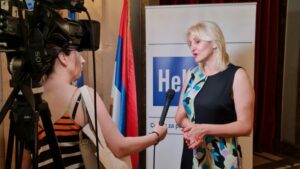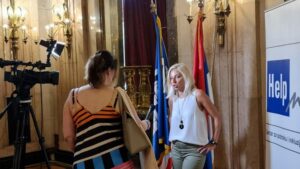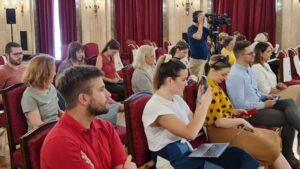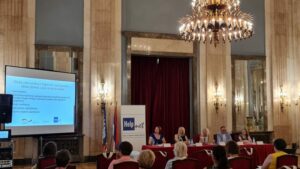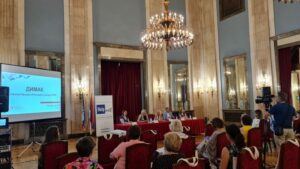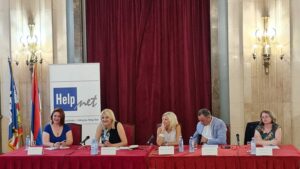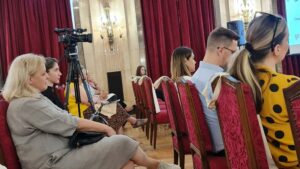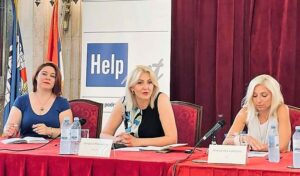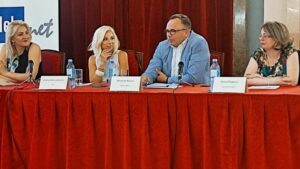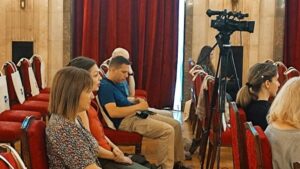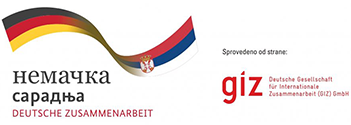
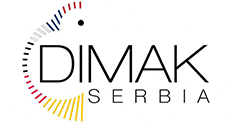

In cooperation with partners at the local level, licensed domestic help service providers from Šabac, Bečej, Novi Bečej, Kikinda, Bačka Topola, Raška, Bela Palanka and Sjenica, 141 trainees underwent an accredited training program for providing domestic help services.

With two additional trainings on the topic “Basics of providing psychological support to the elderly” and “Prevention of COVID-19 infection in working with users”, participants acquired the necessary knowledge and skills to work with and respond to the needs of the elderly, especially in the circumstances crises caused by the corona virus pandemic. All participants, who successfully passed the training process, were able to obtain a certificate for the provision of home help services, issued by the Republic Institute for Social Protection, so that after the completion of this program they can provide this service in the community.
After completing the training, with active mentoring support, 94 participants were given the opportunity for a two-month paid internship with licensed home care service providers. The importance of practice is reflected, apart from direct involvement in the labor market, in the possibility to further improve acquired knowledge and skills through fieldwork and small group work, which enabled focus on individuals and individuals and further development of their potential and capacities.
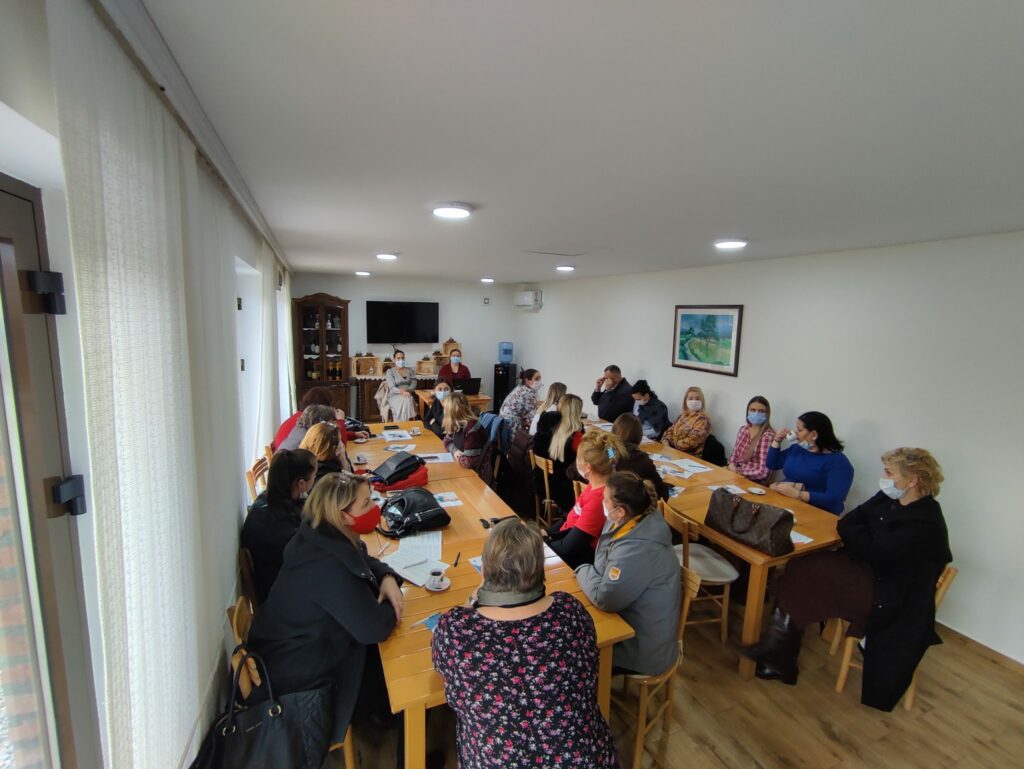


After completing the internship, 66 male and female trainees found permanent employment with local partners, providing home care services and other administrative activities.
The vast majority of users of this program are women (96%). Women who belong to the age group of 41-50 years, are not highly educated and due to various life circumstances have had difficulty finding employment for many years, make up more than 40% of the beneficiaries and the special effect of this project is their economic empowerment, independence and inclusion in the labor market.
What is important to note is that all participants during the duration of the program, but also after it, are provided with free help from the German Information Center for Migration, Vocational Education and Career (DIMAK) in the process of their social and economic integration in Serbia.
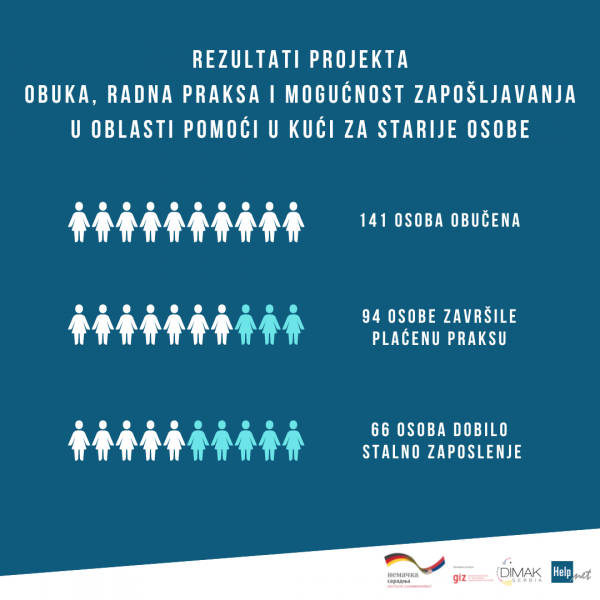
It is important to emphasize that this project contributes to the improvement of the working capacities of licensed providers of social protection services, but also to increasing awareness of the importance of cooperation at all levels, both among state and international, professional and non-governmental bodies, when it comes to the struggle to improve the position of returnees and returnees and other vulnerable groups in society. The training program emphasizes how important it is to promote the right of each and every individual to a dignified life, as well as the fact that everyone has the right to realize their work potential in accordance with their abilities and desires. Support is very important, because with it the individual feels motivated to take a step towards a better life through study and work.
Great attention is paid to the development of the program at the local level. The local community, professional services and local citizen associations must recognize the needs of citizens for services, but also the needs of returnees and persons who are at risk of being excluded from the active labor market (young people, women, single mothers, persons who without employment for a long time or engaged through informal contracts, etc.) for empowerment and economic strengthening through additional training, retraining and increasing their competitiveness on the labor market.
The final conference, during which the results of the project were presented, was held on June 30, 2022, in the ceremonial hall of the Belgrade City Assembly, with the presence of all relevant partners. The following spoke at the conference:
- Gordana Milovanović (HelpNet);
- Aleksandra Lakićević (GIZ);
- Anđela Čeh (HelpNet),
- Miroljub Nikolić (Caritas Šabac) and
- Vesna Popović (gerontologist).
Personal stories of gerontohomemakers
The first-hand stories show the life experiences of the beneficiaries of the project, speak in support of the advantages of the implemented activities, as well as their impact on lives and contribution to local communities.
The “Migration for Development” program is implemented by the Deutsche Gesellschaft für Internationale Zusammenarbeit (GIZ) and the German Federal Ministry for Economic Cooperation and Development (BMZ). The goal of the program is to improve the economic and social integration of returnees and the local population in the country. The program is implemented in cooperation with the Ministry of Labour, Employment, Veterans and Social Affairs, the National Employment Service and the Commissionerate for Refugees and Migration, and the services and support measures offered by the German Information Center for Migration, Vocational Education and Career (DIMAK) in cooperation with local institutions, partners from the private sector and civil society organizations across cities and municipalities in Serbia.
More about the Programme:https://www.startfinder.de/sr/pronaci_savet/centar-za-savetovanje-u-srbiji

